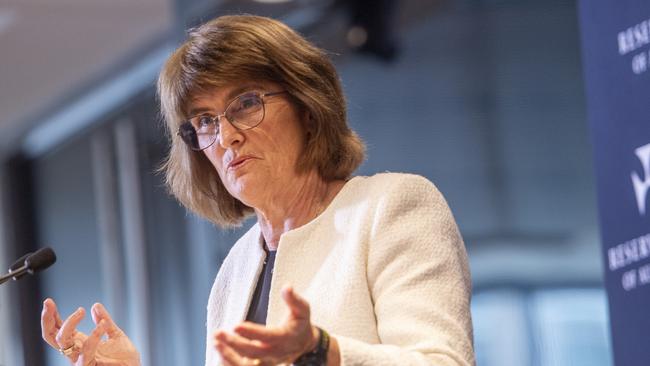
In her press conference, RBA governor Michele Bullock said that while the board did not consider a rate cut, weaker recent economic data had given it some confidence that inflationary pressures were declining. While this message has dominated post-meeting reports, the board’s statement makes clear that underlying inflation is still “too high”, labour market conditions “remain tight” and aggregate demand “still appears to be” above the economy’s supply capacity.
The most remarkable thing about this RBA board meeting is what took place in the lead-up to it. On Monday, ACTU secretary Sally McManus and a group of unionists staged a protest against the RBA outside its Martin Place headquarters in Sydney.
McManus accused the bank’s interest rate setting board of heartlessly “keeping interest rates too high for too long”. Its job, she said, “was to ensure full employment”. McManus’s comments were economically ill-informed. She is no Bill Kelty.
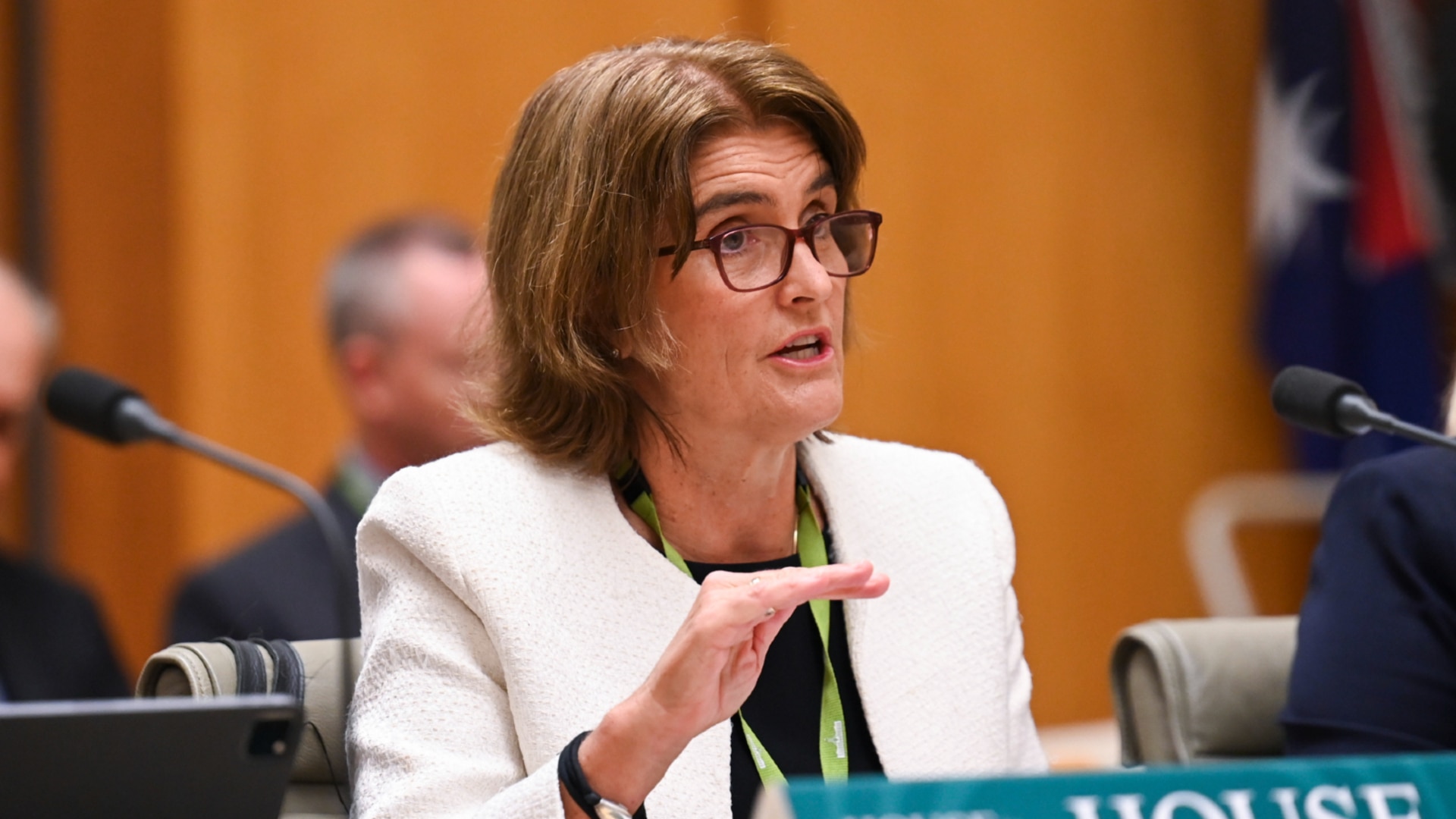
Yes, the Australian community has had to endure an extended period of high interest rates, but that is because the RBA board took its eye off inflation.
In an attempt to lock in our post-pandemic employment gains, it conspicuously broke ranks with our peer central banks – including those in the US, Britain, Canada and New Zealand – and decided to keep the cash rate well below theirs.
While they are now cutting their rates, we remain stuck in an agonising holding pattern – with inflation not expected to return sustainably to target until 2026, even as the economy slows to a crawl.
But McManus was not alone. In the lead-up to the meeting, several prominent economists, including Ross Garnaut, Craig Emerson and Jeff Borland, endorsed her position.
Writing in The Financial Review, Garnaut declared “a compelling case” existed for “immediate reductions” in interest rates. Remarkably, he called for “an increase” in aggregate demand, describing the economy as “weak” and the private sector as “comatose”. Betraying his simplistic Keynesian view of the world, Garnaut ignored what was taking place in the supply side of the economy.
With productivity in full retreat – it is now back to 2016 levels – our economy’s productive capacity has been going backwards. The economy is not weak, which implies a shortfall of demand, but overheating even as it slows, which is evidence of a crisis in supply. Indeed, aggregate demand is running well ahead of supply, fuelled by out-of-control government spending and hiring.
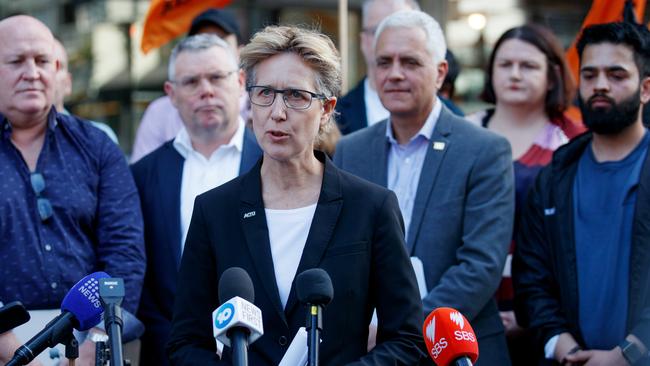
We have a two-speed economy, marked by public extravagance and private sector – that is, household and business – austerity. No central bank should be immune from criticism but the public pressure being applied to it by the unions and Labor-aligned economists looks orchestrated to me. They are in line with Jim Chalmers’ comments earlier this year that the current cash rate is “smashing the economy”. They may be the opening salvos in a political campaign over the summer to ensure a cash rate reduction before the election. If Chalmers has not orchestrated it – a distinct possibility – he will no doubt welcome it.
After all, this is the same Treasurer who has waged an extended campaign against the RBA, including commissioning a hostile review of the institution, weakening its marching orders (in the Statement on the Conduct of Monetary Policy) to fight inflation first, and appointing former trade unionists to the board.
Garnaut’s comments have a particular significance as he is close to Treasury secretary Steven Kennedy, who sits on the RBA board. We do not know what position Kennedy has taken in board discussions, but I would be surprised if he differed much from the view set out by Garnaut.
As I’ve pointed out before, no credible OECD economy has its treasury secretary, or equivalent, on its interest rate setting board. It is incompatible with both the substance and appearance of central bank independence, yet it is an arrangement we persist in, despite the obvious risks it entails.
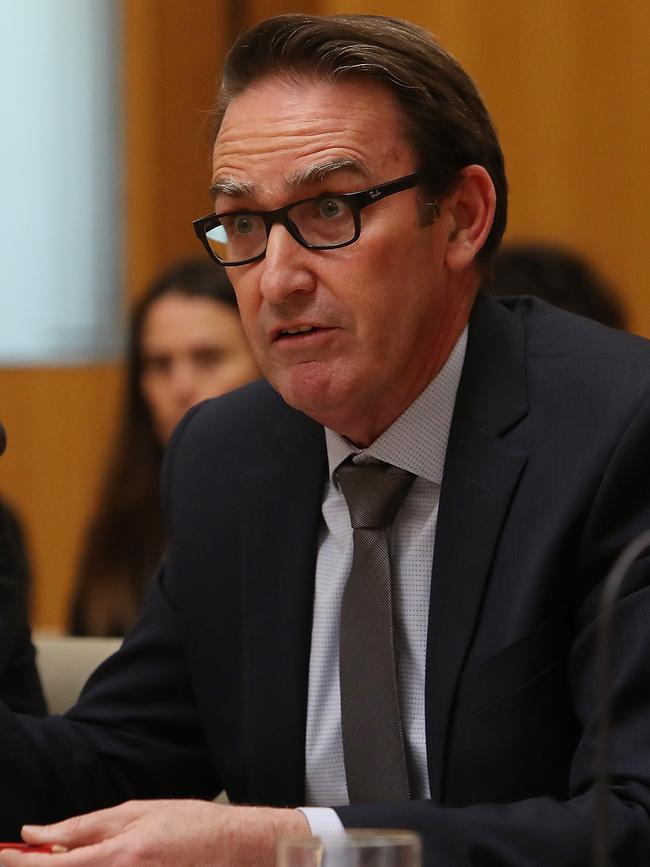
In the wake of last week’s dire national accounts figures, Chalmers and Anthony Albanese have set their hearts on a pre-election interest rate cut.
It’s the last straw they have to clutch to. I doubt it will have the desired political effect.
In common with the Whitlam government, the Albanese government has had no credible policy on inflation. It has undermined the RBA at every turn, ramped up its own spending and pursued anti-growth, anti-productivity policies in the areas of energy and industrial relations.
It has never once showed urgency in getting down inflation. Nor, to be fair, has the RBA board, which did not display the vigilance of its international peers in this regard.
Both have forgotten that inflation is a social evil, a regressive tax that erodes living standards and weakens social cohesion.
David Pearl is a former Treasury assistant secretary.


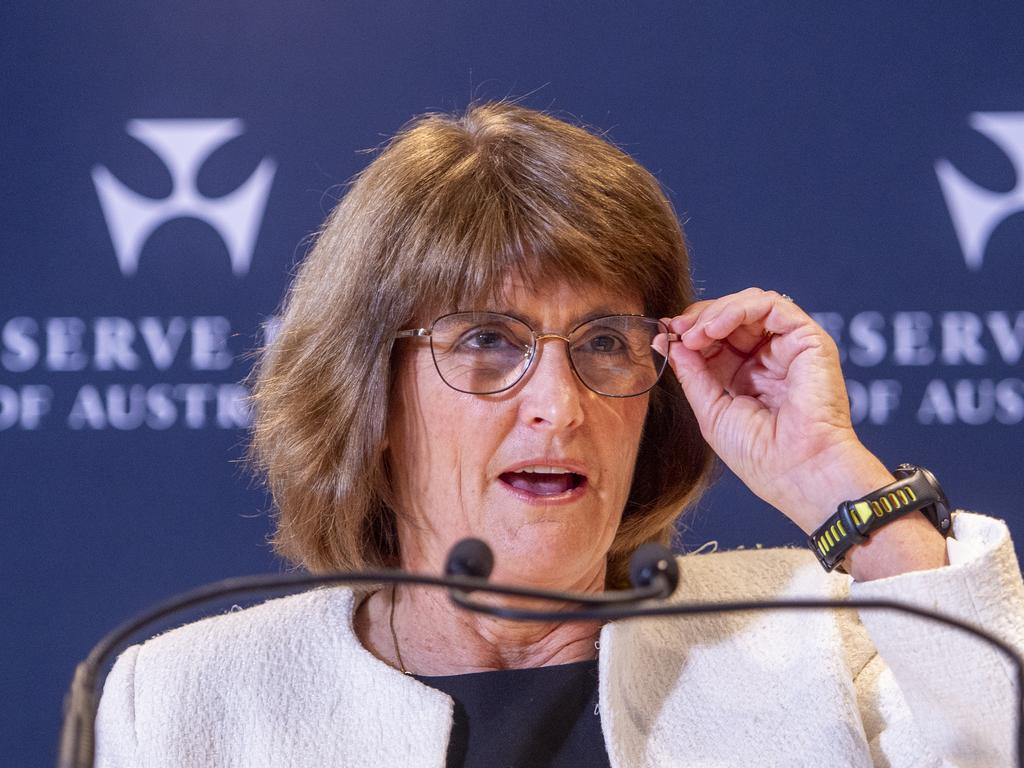




As expected, at its meeting on Tuesday the Reserve Bank board left the cash rate unchanged at 4.35 per cent, defying the chorus of calls from Labor-aligned figures for an immediate cut.